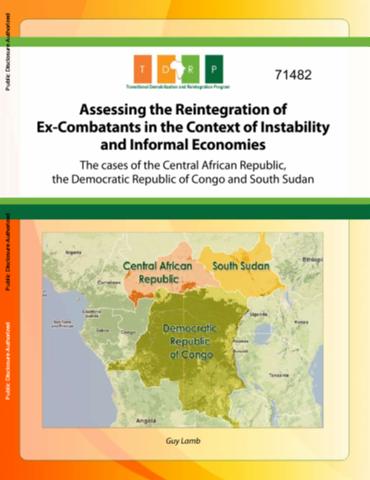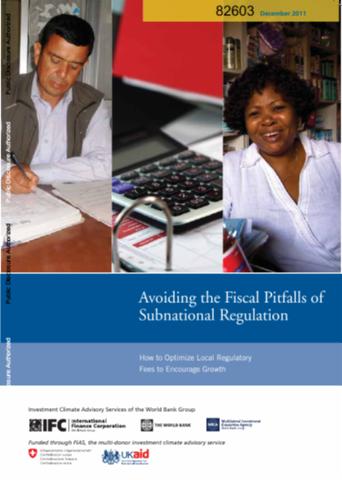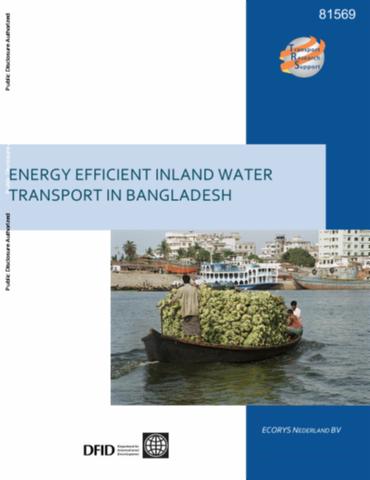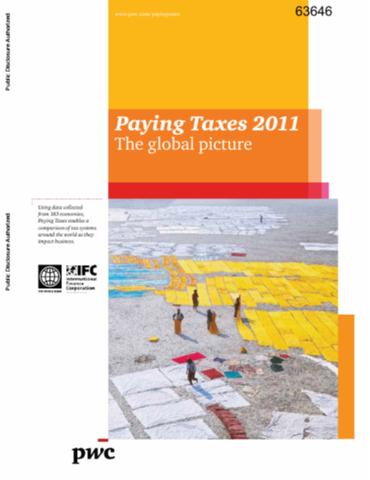The World Bank is a vital source of financial and technical assistance to developing countries around the world. We are not a bank in the ordinary sense but a unique partnership to reduce poverty and support development. The World Bank Group has two ambitious goals: End extreme poverty within a generation and boost shared prosperity.
- To end extreme poverty, the Bank's goal is to decrease the percentage of people living on less than $1.25 a day to no more than 3% by 2030.
- To promote shared prosperity, the goal is to promote income growth of the bottom 40% of the population in each country.
The World Bank Group comprises five institutions managed by their member countries.
The World Bank Group and Land: Working to protect the rights of existing land users and to help secure benefits for smallholder farmers
The World Bank (IBRD and IDA) interacts primarily with governments to increase agricultural productivity, strengthen land tenure policies and improve land governance. More than 90% of the World Bank’s agriculture portfolio focuses on the productivity and access to markets by small holder farmers. Ten percent of our projects focus on the governance of land tenure.
Similarly, investments by the International Finance Corporation (IFC), the World Bank Group’s private sector arm, including those in larger scale enterprises, overwhelmingly support smallholder farmers through improved access to finance, inputs and markets, and as direct suppliers. IFC invests in environmentally and socially sustainable private enterprises in all parts of the value chain (inputs such as irrigation and fertilizers, primary production, processing, transport and storage, traders, and risk management facilities including weather/crop insurance, warehouse financing, etc
For more information, visit the World Bank Group and land and food security (https://www.worldbank.org/en/topic/agriculture/brief/land-and-food-security1
Resources
Displaying 4541 - 4545 of 4906Assessing the Reintegration of Ex-Combatants in the Context of Instability and Informal Economies
The implementation of effective Disarmament, Demobilisation and Reintegration (DDR) programmes in countries emerging from violent conflict are essential for building and maintaining peace and security. In many instances the disarmament and demobilisation of former combatants was achieved, but reintegration remained a challenge, due to the long-term focus and the substantial resources that are required for such a process to be successful.
Avoiding the Fiscal Pitfalls of Subnational Regulation
Since investment climate reforms in developing countries started gaining traction in the 1990s, most efforts have focused on issues at the national level, achieving varying degrees of success for reasons that are relatively well understood. This handbook provides an overview of efforts and achievements in subnational investment climate reforms. It is organized as follows. Chapter 2 reviews a number of countries experiences with subnational reforms, noting both success stories and disappointments and pointing toward lessons learned.
Avoiding the Fiscal Pitfalls of Subnational Regulation
Since investment climate reforms in developing countries started gaining traction in the 1990s, most efforts have focused on issues at the national level, achieving varying degrees of success for reasons that are relatively well understood. This handbook provides an overview of efforts and achievements in subnational investment climate reforms. It is organized as follows. Chapter 2 reviews a number of countries experiences with subnational reforms, noting both success stories and disappointments and pointing toward lessons learned.
Energy Efficient Inland Water Transport in Bangladesh
IWT is more energy efficient that modes like road or rail. The bigger capacity of IWT units means that the sector is able to ship more tons per kilometer per unit of fuel than what is possible with other modes. This benefits the climate and makes the sector relatively cost-efficient. Even so, few countries fully exploit the potential benefits of IWT and in many countries the share of road transport is increasing at the cost of IWT. There are various possible reasons for this trend.
Paying Taxes 2011
Taxes are the price you pay for civilization. Taxes provide government revenues, and those who pay them have a stake in the system and in how government spends its money. Taxes are lifeblood of a stable and prosperous society. In the wake of the global economic downturn levying tax in even more difficult. With large structural deficits in the big developed economies, fiscal policy has never been under so much public scrutiny.









